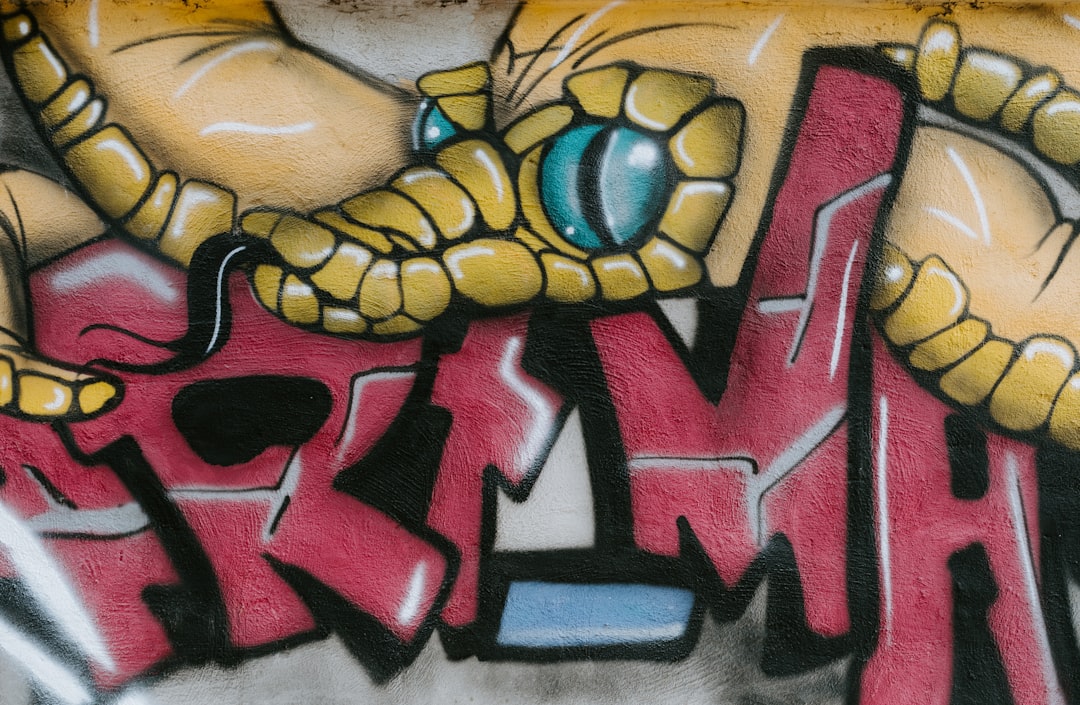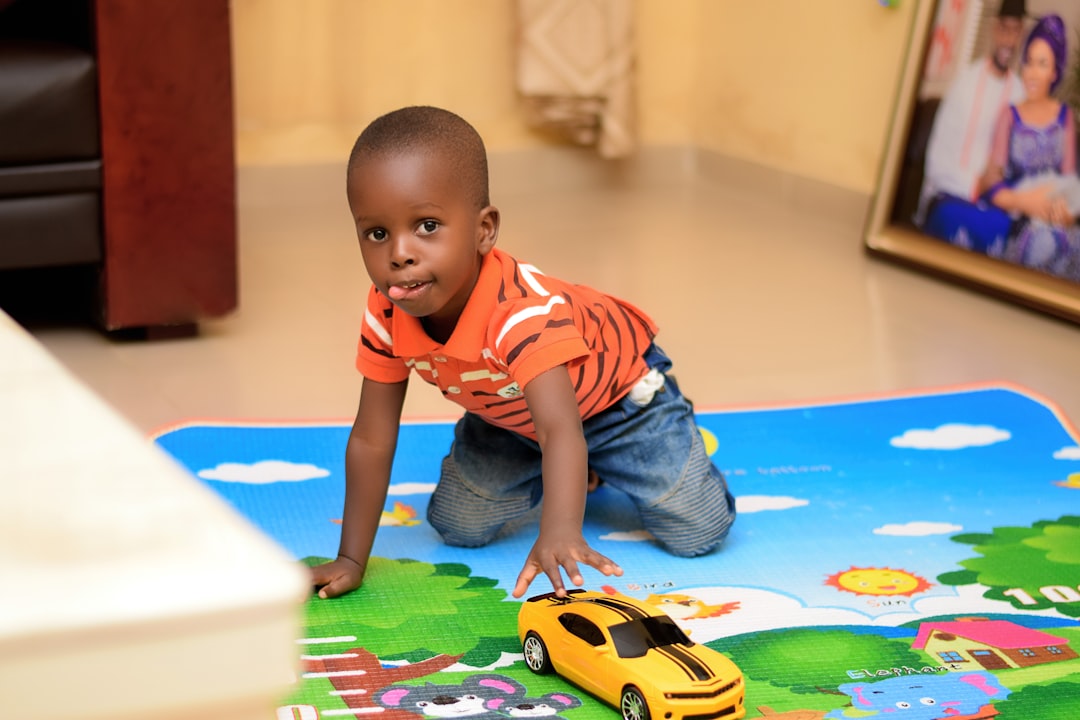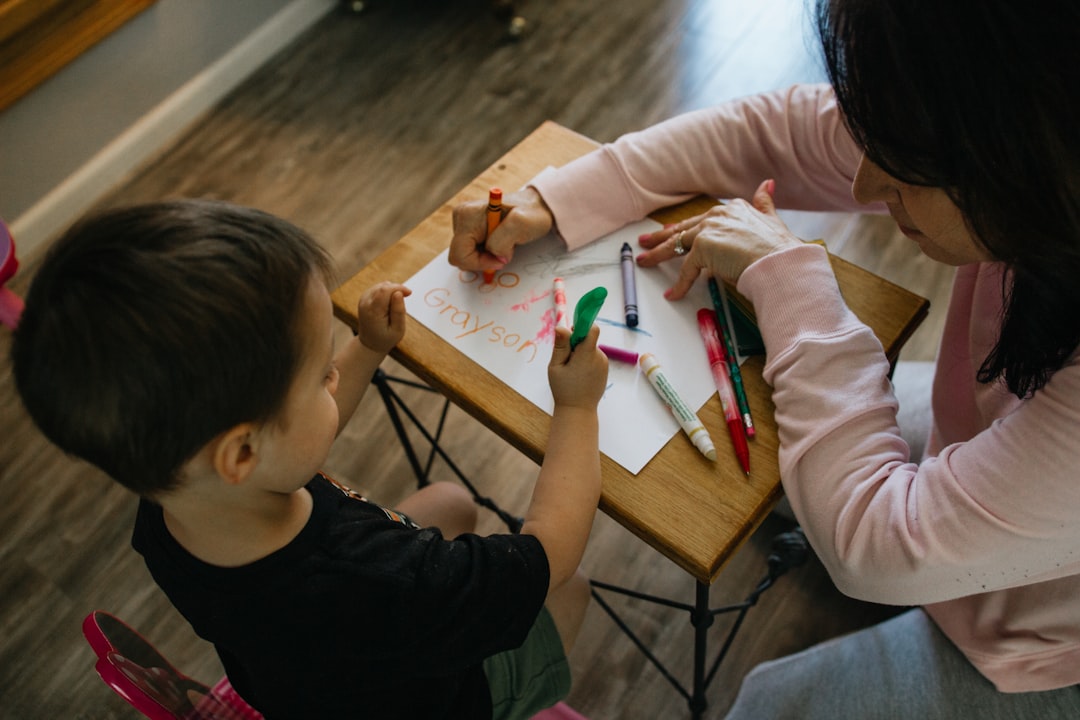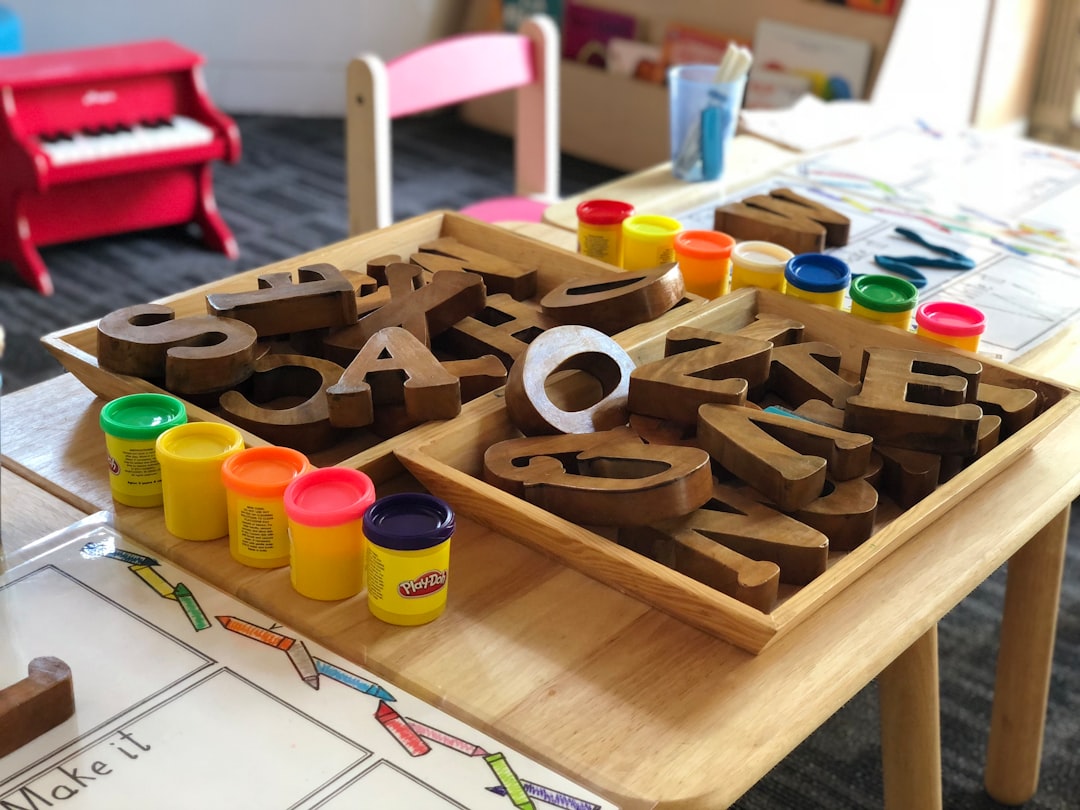Daycare abuse in Atlanta, GA, requires urgent legal action and specialized firms. Snellville's framework mandates reporting and staff training to identify and prevent abuse. Parents and caregivers must stay vigilant, consult daycare abuse law firm Atlanta GA experts, and report red flags like unusual behavioral changes or injuries. Staff face strict accountability under local laws, with regular updates crucial for compliance. After an incident, immediate support for children includes removal from abusive environments and access to trauma specialists, guided by a daycare abuse law firm Atlanta GA.
In Snellville, Georgia, understanding and addressing daycare abuse is a top priority. With the help of robust legal protections in place, such as those offered by leading daycare abuse law firms in Atlanta GA, the city has developed a comprehensive approach to reporting procedures. This article explores Snellville’s innovative framework for identifying and mitigating potential abuse, training staff, providing supportive measures after reporting, and ensuring the safety of children under their care.
Understanding Daycare Abuse: Legal Protections in Atlanta GA

Daycare abuse is a serious issue that requires immediate attention and proper legal procedures for protection. In Atlanta, GA, understanding the laws surrounding daycare abuse is crucial to ensuring the safety and well-being of children in care. A daycare abuse law firm in Atlanta GA plays a vital role in navigating these complex issues. They are equipped to handle sensitive cases involving physical, emotional, or sexual abuse within childcare facilities.
The legal protections for daycare abuse victims in Atlanta are designed to foster a safe environment for children. These laws mandate that daycare centers have reporting procedures in place and establish guidelines for investigating and addressing allegations of abuse. Parents and caregivers should be aware of their rights and the steps they can take if they suspect any form of abuse or neglect. A qualified attorney from a reputable daycare abuse law firm Atlanta GA can guide individuals through this process, ensuring their legal rights are protected while pursuing justice.
Snellville's Comprehensive Reporting Framework for Safety

Snellville boasts a comprehensive Reporting Framework for Safety in daycare settings, designed to protect children and ensure accountability. This framework includes multiple layers of reporting procedures, from immediate incident reporting to ongoing monitoring and assessment. When a potential instance of daycare abuse is observed or suspected, staff members are mandated to report it promptly to designated authorities within the facility.
This robust system encourages open communication among caregivers, administrators, and legal experts at reputable Atlanta GA daycare abuse law firms. The collaborative effort ensures that all reports are meticulously documented, investigated, and addressed according to the daycare abuse laws in place. Snellville’s commitment to this comprehensive framework underscores its dedication to creating a safe and nurturing environment for children under their care.
Identifying Red Flags: Recognizing Potential Abuse

Recognizing potential abuse is a critical step in ensuring the safety and well-being of children in daycare settings. Parents, caregivers, and educators alike must be vigilant in identifying red flags that could indicate various forms of abuse, including physical harm, emotional maltreatment, sexual misconduct, or neglect. Some warning signs to look out for include unusual changes in behavior, such as sudden aggression, withdrawal, or fear of going to daycare; unexplained injuries; frequent complaints about a specific caregiver; and any form of inappropriate or overly harsh discipline.
Daycare abuse law firms in Atlanta GA emphasize that being proactive is key to preventing and addressing these issues. Staff members should be trained to recognize these signs and report them promptly to the appropriate authorities, following established protocols. Establishing an open and transparent reporting system encourages individuals to come forward without fear of repercussions, fostering a culture of accountability and child protection.
The Role of Daycare Staff: Training and Responsibilities

Daycare staff play a pivotal role in ensuring the safety and well-being of children under their care. Their training and responsibilities are crucial aspects of any quality daycare program, especially when it comes to preventing and reporting potential abuse. In Atlanta GA, where strict daycare abuse laws are in place, staff members must be equipped with the knowledge and skills to recognize various forms of child abuse, including physical, emotional, and sexual abuse. They should also understand their legal obligations as mandated reporters under these laws.
Training programs should cover how to respond appropriately when a child exhibits signs of abuse or neglect, as well as procedures for documenting and reporting such incidents to the proper authorities. Effective communication skills are essential, enabling staff members to discuss sensitive matters openly and honestly with colleagues, supervisors, and relevant legal entities like a daycare abuse law firm in Atlanta GA. Regular updates on childcare best practices and changes in daycare abuse laws are also necessary to ensure that staff remains current and compliant.
Supportive Measures: Post-Reporting Care for Children

After a daycare abuse reporting incident, it’s crucial to prioritize the well-being and support of the affected children. Snellville takes this seriously, implementing supportive measures to ensure their safety and emotional recovery. This includes immediate removal of the child from the abusive environment and placement in a secure, nurturing setting.
A daycare abuse law firm in Atlanta GA, like those assisting families in Snellville, can help facilitate this process by guiding parents through legal steps and ensuring their rights are protected. The firm also offers resources for emotional support, counseling services, and access to specialists who specialize in childhood trauma. These measures work together to provide a holistic approach to healing, addressing both the immediate needs of the child and their long-term mental health.





